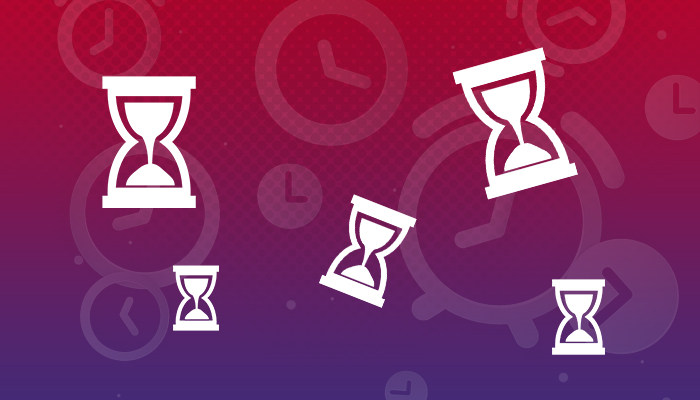How Long Does an Employment Background Check Take?
Employment background checks are a critical part of the hiring process, helping employers verify the credentials and assess the trust worthiness of potential employees. The duration of these checks can vary based on several factors, and understanding these can be essential for both employers and job seekers.
Factors Affecting the Duration of Background Checks
1. Type of Check: Background checks can range from simple identity verifications to extensive criminal and financial checks. The more comprehensive the check, the longer it will take.
2. Jurisdictional Differences: The time it takes to access public records can vary significantly from one jurisdiction to another. In some areas, these records are readily accessible online, while in others, they may require manual searches.
3. Employment History: Verifying a candidate’s employment history can be time-consuming, especially if it includes multiple past employers or spans different countries.
4. Educational Verification: Confirming academic credentials often requires contacting educational institutions directly, which can take time depending on the institution’s responsiveness.
5. Criminal Records Search: Searching for criminal records can be particularly time-consuming, as it may involve checking databases at the county, state, and federal levels.
6. Credit Checks: If the job position requires financial responsibility, employers might conduct a credit check, which can add to the processing time.
7. Industry-Specific Checks: Certain industries, like healthcare or finance, may require additional checks, such as verifying professional licenses or checking against industry-specific databases.
Average Duration
Generally, a standard employment background check can take anywhere from a few days to two weeks. However, this timeframe can extend if there are complications or if the check is particularly thorough. For example, international checks or investigations into a candidate’s long and varied employment history could take several weeks.
Tips for Employers
Communicate with Candidates: Keeping candidates informed about the status of their background check can help maintain their interest and trust in the process.
Choose the Right Background Check Provider: Selecting a reputable provider who can offer efficient and thorough background checks is crucial.
Understand Legal Requirements: Employers should be aware of legal regulations surrounding background checks, including obtaining consent from the candidate and adhering to privacy laws.
Tips for Job Seekers
Prepare in Advance: Ensure that all the information on your resume is accurate and be prepared to provide details like past addresses or employer contact information.
Understand Your Rights: Familiarize yourself with your rights regarding background checks, including your right to dispute incorrect information.
Follow Up: Don’t hesitate to follow up with the employer or the background check provider if the process seems to be taking an unusually long time.
Conclusion
Employment background checks are a vital tool in the hiring process, providing essential information about a candidate’s past. While the time they take can vary significantly, understanding the factors that influence this duration can help both employers and job seekers navigate the process more effectively. With the right approach, these checks can be conducted efficiently, balancing thoroughness with respect for the candidate’s time.

